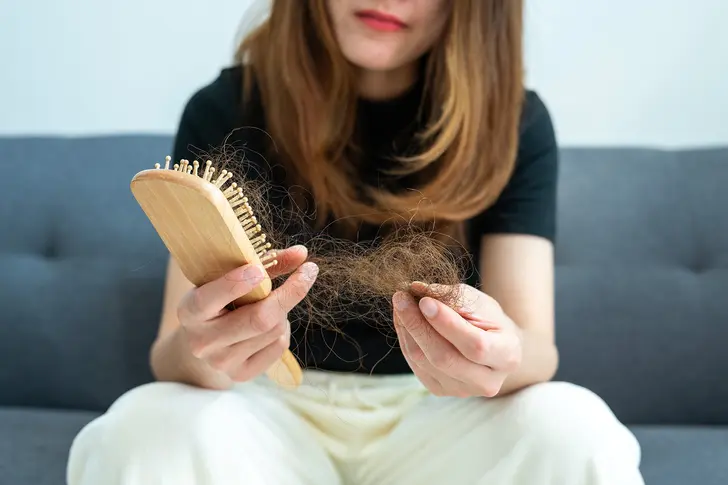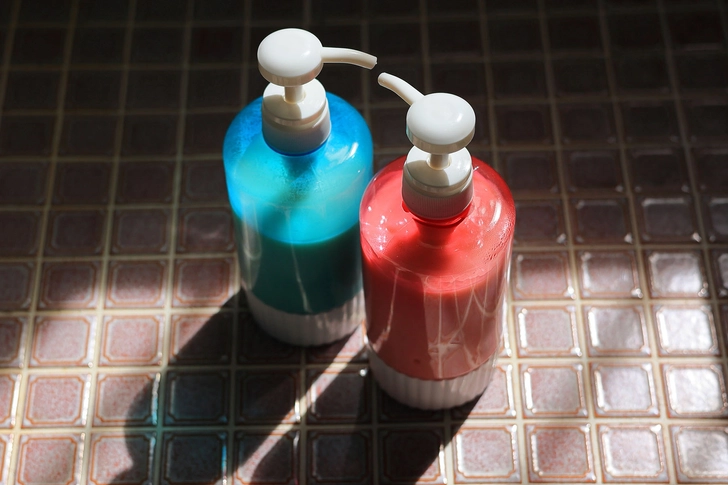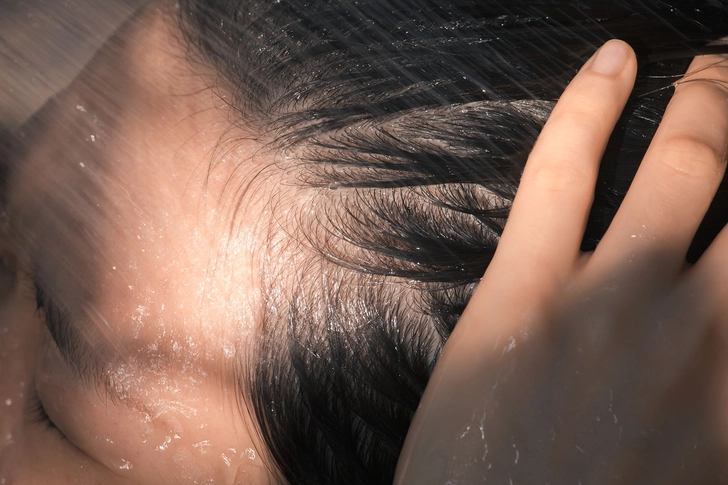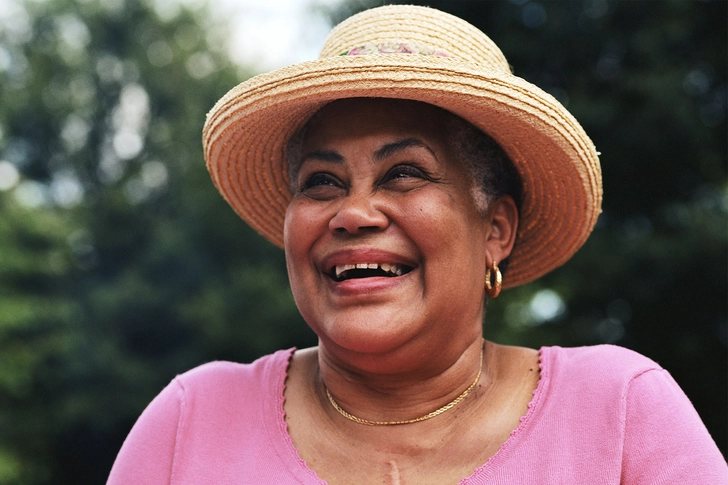- Overview
- Flares & Triggers
- Causes & Risks
- Types
- Locations on the Body
- Tests & Diagnosis
- Treatment
- Living With
- Complications
- Appointment Prep
- View Full Guide
8 Ways to Prevent Psoriasis Hair Loss



Psoriasis Hair Loss
Psoriasis hair loss happens when hair follicles get weak and brittle from the increased inflammation on your scalp. Combine that with itching and scratching your scales, and you’ve got a recipe for thinner, sparser hair. But there are steps you can take to manage the fallout.

Use Medicated Shampoos
Specialty prescription shampoos with clobetasol propionate may help reduce scalp plaques to rid you of the problem at the root. These shampoos are safe to use every day for up to 4 weeks, but talk to your doctor about timing and whether you should alternate shampoos to avoid drying your hair out.

Don’t Skip the Conditioner
Because medicated shampoo can strip your hair of oils, keep conditioner in your hair care routine. Not only will it help boost scalp moisture, but it can also hide the medicated scent of prescription shampoo.

Use Finger Pads When Washing
Scratching at your scalp scales raises your risk for hair breakage and loss. Since you have to rub your scalp to wash your hair, play it safe by keeping nails trimmed and working up a lather with the pads of your fingers only.

Handle With Care
Hair around areas of psoriasis requires a gentle touch. When brushing, focus your (soft) strokes on the strands and avoid touching your scalp with the bristles. If you use a towel to dry your hair, scrunch it around the ends instead of rubbing it all over your head.

Use a Patch Test
Before using any new hair product, take it on a test run to look for a reaction. To do this, dot a very small amount on a patch of your scalp and cover it with a hat or headband. If all is well after 48 hours, you’ll know it’s OK to use.

Air Dry, Don’t Blow-dry
A psoriasis-covered scalp is already dry enough without added forced air, and medicated shampoo can dry it out even more. Skip the blow dryer altogether, or use cool air if mechanical drying is a must. Microfiber cloths and air drying are the best options for keeping your scalp’s moisture intact as your hair dries.

Avoid Triggers
Pay attention to the things that make your plaques worse and work on reducing their presence in your life. Drinking, smoking, high-stress environments, allergies, dry weather, and illness are common culprits.

Cover Up
Sun exposure is tricky -- the right amount can help you reduce plaques, but too much can be harmful. Sunburns increase inflammation and dry out skin, so wear a hat outdoors.

When to Call Your Doctor
If nothing you’ve tried seems to be halting your hair loss, see your doctor. They can see if you’re dealing with a non-psoriasis hair loss problem or offer other treatment options to help you maintain your hair.
IMAGES PROVIDED BY:
Moment/Getty Images
The Image Bank/Getty Images
Moment/Getty Images
Moment/Getty Images
iStock/Getty Images
E+/Getty Images
Moment/Getty Images
iStock/Getty Images
The Image Bank/Getty Images
iStock/Getty Images
SOURCES:
Cleveland Clinic: “Experiencing Scalp Psoriasis? Learn How To Treat and Reduce Hair Loss.”
American Academy of Dermatology Association: “Scalp psoriasis: Shampoos, scale softeners, and other treatments,” Scalp psoriasis: 10 ways to reduce hair loss,” “Patch testing can find what's causing your rash.”
National Psoriasis Foundation: “Causes and Triggers.”

